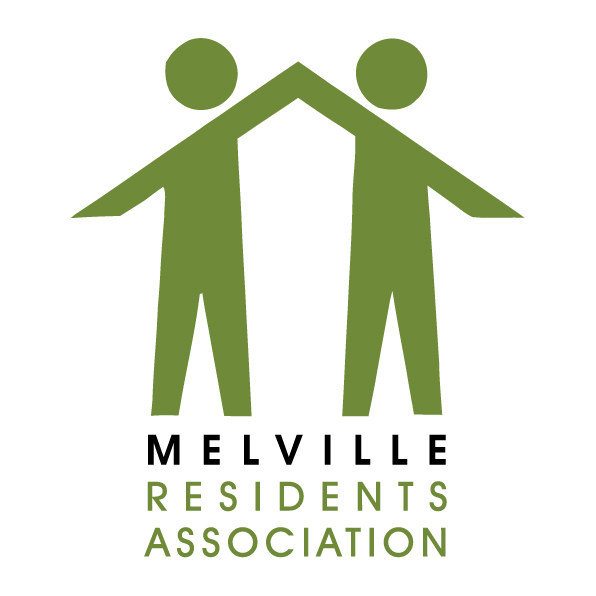The MRA can be contacted via email at mra@ilovemelville.co.za
MRA PORTFOLIOS
Finance mra-finance@ilovemelville.co.za
Heritage mra-heritage@ilovemelville.co.za
Land Use mra-landuse@ilovemelville.co.za
Liquor mra-liquor@ilovemelville.co.za
Physical Environment mra-pe@ilovemelville.co.za
